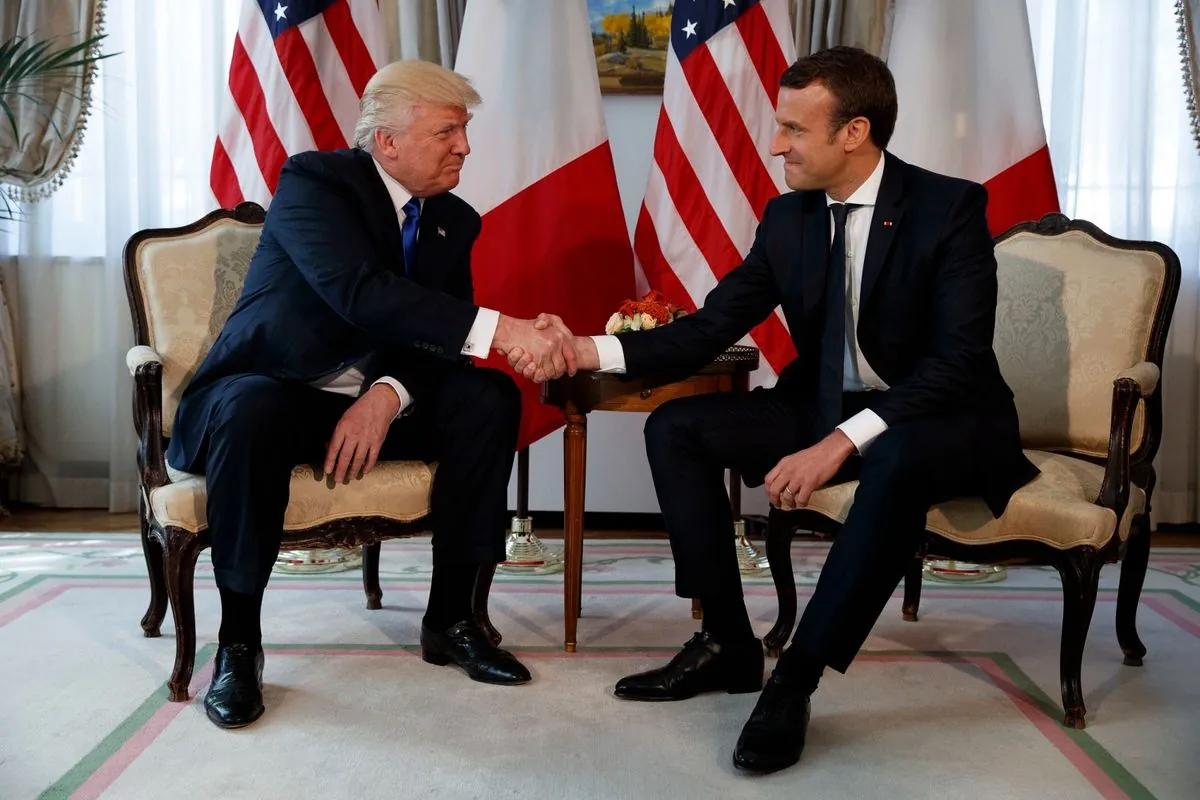Donald Trumpʼs promise to end the Russia-Ukraine war in one day needs careful look at his past deals. His track-record shows some non-standard approaches to international agreements
Back in his first term Trump tried to handle North Korea situation: from calling its leader “rocket man“ and making threats - to friendly meetings that didnt lead anywhere. Today NKʼs nuclear program is bigger than ever (which shows how well that deal worked)
The Middle-East brought mixed results: while the Abraham Accords happened during sep-2020‚ they werent really Trumps idea; UAE made the offer to stop Israelʼs West Bank plans. The whole thing actually started from his teams annexation strategy - which scared Arab partners into action
The most telling example is the Afghanistan case. While Biden got blamed for the aug-2021 mess‚ the real problems started with Trumps deal with Taliban: giving up everything for some weak promises. Todayʼs Afghanistan - with Taliban having more control than in early-2000s - shows what happens when deals are rushed
- Russian forces keep moving forward
- North Korean soldiers join Putinʼs army
- Ukrainian cities face constant attacks
- Occupied areas see harsh treatment
If Trump tries his 24-hour solution now‚ he might push for quick cease-fire; but Putin made it clear - he wants Ukrainian surrender‚ more land and control over their future. The risk is Trump might try Afghanistan-style deal: forcing Ukraine to accept Putinʼs demands
This kind of fast deal could make China think about Taiwan‚ encourage Iran and North Korea‚ push Ukrainians to leave their homes and damage US-Europe trust. Maybe Trump learned from past mistakes - he might decide not to repeat Afghanistan scenario and actually stand firm this time
